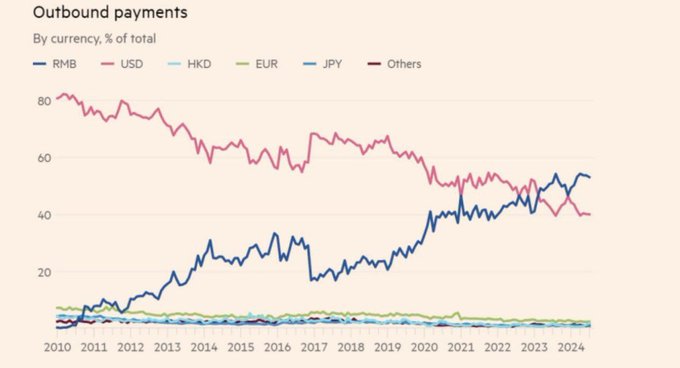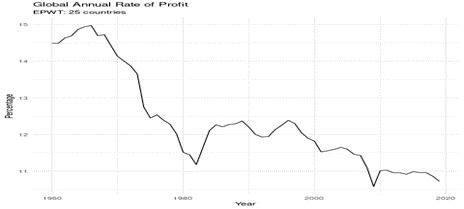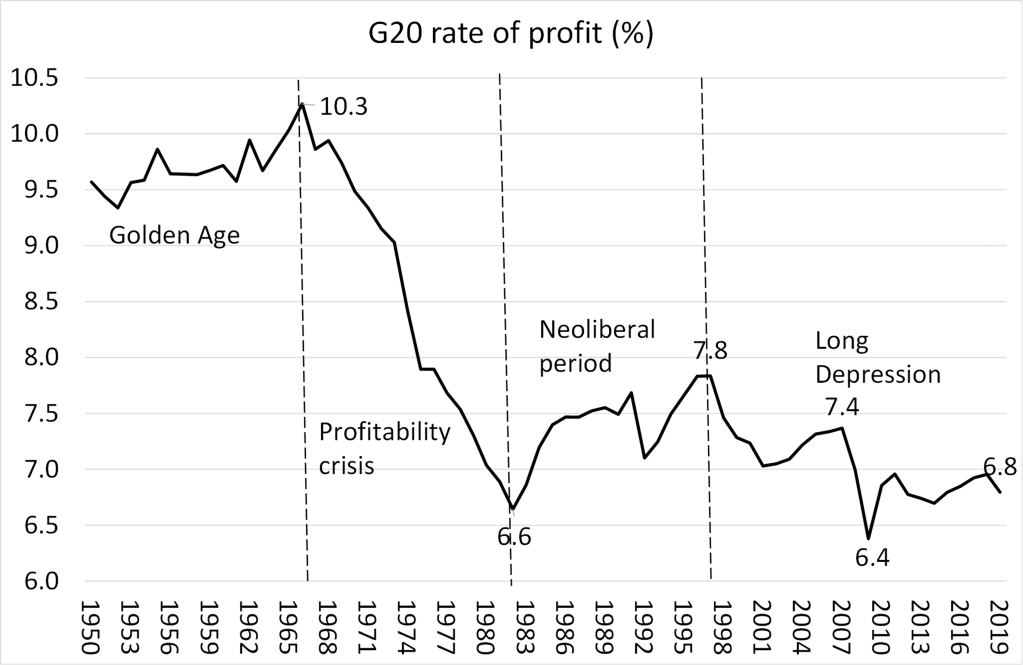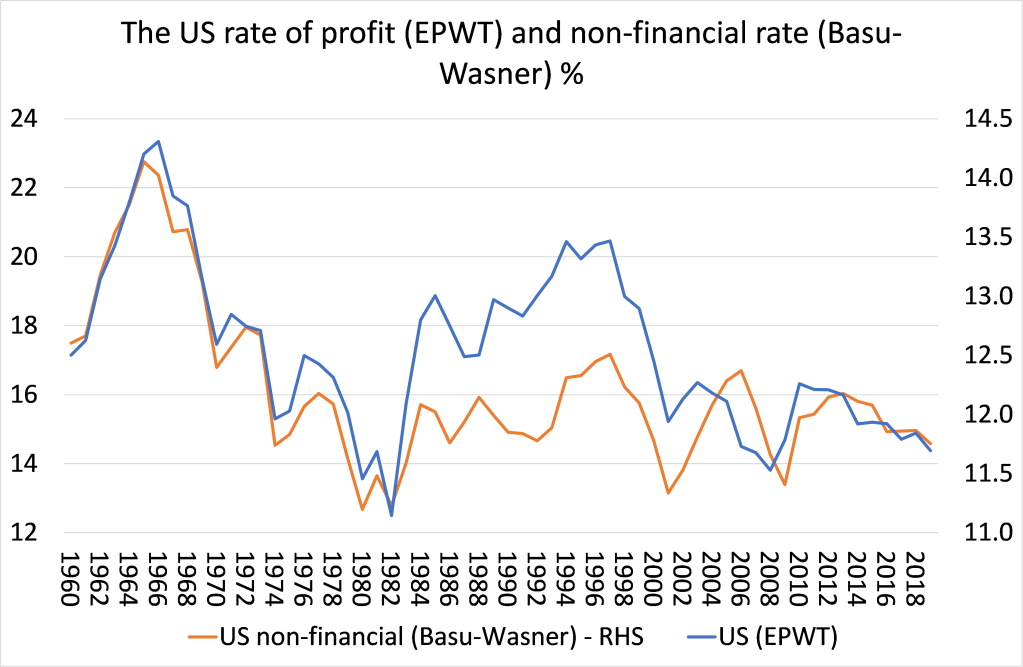Societies become breakthrough powerful under fairly specific historical conditions.
Competition in a concentrated area.
This covers most breakthrough shifts. Let’s give some examples.
Europe
A large number of kingdoms and republics, in constant competition. If you didn’t advance militarily, culturally (administration and culture matter) and technologically, you were in trouble. As administration improved and military technology changed to favor “despotic kings” like Louis XIV and Henry the VIIth (a very underrated King), decentralized and smaller power, internal (nobles) and external were brought under control. Constant warfare and other forms of competition lead to rapid advancement.
Fail, and you could fall. If the English hadn’t defeated the Spanish armada, well, that would have been the end of an independent England. Many other principalities did fall.
In addition, there was external pressure, from the more advanced, at least initially, Ottomans, whom the Europeans were terrified of. The Ottoman threat was real, and a few key battles and wars could have swung the other way, and Eastern Europe fallen under Ottoman control.
With no central control of the entirety of Europe, people could move easily, and find a place where whatever new thing they wanted to try was allowed.
The end result was a huge increase in technology, administrative control allowing more and more resources to be brought under central control, and swift advancement in the military. Even before the industrial revolution Europeans wound up conquering a vast chunk of the world, one they had industrialized, the world was at their feet, and they wound up in control of about three-quarters of it, with the rest terrified and compliant. (This is the case with China: never actually conquered, but under the thumb, though they did fight as best they could, they were defeated.)
Ancient Greece, then Rome
Greek city states were in ferocious competition with each other. Militarily, culturally and even technologically. The Greeks were far more advanced than the Romans. If you lost, terrible things could happen, like the destruction of your entire city and the enslavement of every survivor.
The Greeks were also under threat by a great neighbouring power: Persia, and the wars against Persia, were, again, close run. They could have gone the other way. By the time of of the Ten Thousand, when Greek mercenaries who had fought for the losing side in a Persian civil were were able to march across much of a hostile Persian empire, crushing all in their way, it was clear to the Greeks that Persia was ripe—their armies were vastly larger, but the Greek way of war was vastly superior.
Greece itself was conquered by Macedonia, which was essentially Greek, but still somewhat Barbarian, then Macedonia, under Alexander, conquered Persia and Egypt. The Persians, even if their leadership hadn’t been cowardly, never stood a chance. Then the Greeks ruled the Eastern Med and the Near East until the Romans. After Alexander, however, they didn’t expand much. The successor states were not dynamic.
Rome was also in savage competition. Against the Greeks, the other Italian tribes, the Celtic tribes and Carthage. They were almost always at war, and they learned well. Eventually they were able to conquer Greece, Span, most of what is now France, and Egypt, though they never had much luck against most of what had been the Persian Empire. Once the Republic fell, Rome didn’t spread much. The occasional Emperor would conquer some land, but they could rarely hold it. The dynamism of the Republic, and the pressure required for advancement no longer existed. Indeed, as time went by the Romans lost a fair bit of their technology, as well. The big single Empire was not dynamic.
The Mongols
Before Temujin the Mongols and the other steppe nomads near China were in constant competition against each other, and were also constantly subject to manipulation and war from China, which sought to keep them down, fearing (quite rightly) that they would invade. Most of Temujin’s life was spent conquering and unifying the steppe nomads, then changing their culture to be more disciplined and usefully warlike. The steppe nomads had always been fearsome, but Temujin changed how they fought: ordering them in groups of 10, 100, 1,000 and 10,000 and enforcing amazing levels of discipline. The Mongols were not just disciplined in battle, strategically they moved faster than any other military of the time and were able to pull off amazing coordination. Columns of troops would meet hundreds of miles away, on the exact day planned.
Though horse archers are always dangerous, it was Genghis Khan’s unification PLUS his changes to society and military organization which turned them into a terror so great that they were not defeated for over a hundred years. In their time, they were just as dominant as the Europeans in the late 19th century.
There are other examples: the Zulus, who had the bad luck to run into the British at the height of their power are one. Warring States China is another. Ancient India around the time of the Buddha is a third. The Sengoku period of Japan is a fourth, and once Tokugawa took power, Japan, in many ways stagnated. (During the Sengoku period, the Japanese had more firearms than anywhere else.)
Concluding
Large empires are stagnant. There may be some advancement, though often there is none or even retrogression, but they don’t make breakthroughs into revolutionary power. At best they inherit it.
Small groups in competition have the chance, though not the certainty, of fast progress, stuck as they are in a cauldron. It doesn’t always happen: the tribes of New Guinea were caught in zero, indeed, often negative sum competition and remained backwards.
But the general rule of breakout power is small states in serious competition, usually with an outside threat.
My writing happens because readers donate or subscribe. If you value that writing, and you can afford to, please support it.





There is an underlying dynamic of solidarity and surplus that seldom gets the attention it deserves.
Ancient Greece at the end of the of the Bronze Age participated in the famous but mysterious collapse and entered a Dark Age of significantly diminished population, political organization and culture. They emerged beginning around 800 BCE, apparently with a new set of technologies, politics and agriculture and trade that generated surplus. People were healthy and well-fed (comparatively). Greece experienced a population boom, increasing in numbers roughly ten times over 400 years and a critical part of the competition among city-states was to found colonies. It wasn’t just Greece, Phoenicia and the Etruscans and others were involved.
Technological innovation is not a merely moral phenomenon; it is a matters of surplus and numbers. There must be a surplus to feed an artisan class and trade and a differentiation of labor.
The surplus that fed the urban civilization that Rome engineered diminished with soil erosion. The extraction of the tradeable surplus from a slave class on the great latifundia was inefficient and self-defeating on many levels, undermining the economic foundation of an urban civilization. People at the bottom of the system were unhealthy. Famines and plagues ensued. Trade declined with falling division of labor in a dimishing artisanal class, compounding the effects of declining agricultural surplus.
The rise of China followed on the creation of enormous agricultural surplus to feed vast armies and an urban civilization with a huge artisanal population, with trade driving deep division of labor and technological inventiveness. The surplus originated in vast hydraulic projects and the elaboration three-crop rice production.
There would be no social barrier in China to ever more labor intensive agriculture: more and more hands in the fields until the extraction of surplus was choked off by congestion losses. By 1500, Chinese peasants could barely feed themselves. Ordinary people were physically weak. The cities were huge, but represented only single-digit percentages of total population.
Europe recovering from the Dark Ages that followed the collapse of Rome saw a revival of surplus, especially after iron plows turned the heavy but fertile soils of Northern Europe and dug deeper in the south. But, the congestion losses of too many hands in the fields showed quickly too and the flowering of the High Middle Ages ended in overpopulation and the Black Death, which was driven as much by imminent famine as rats and fleas.
The contrasting aftermaths of the Plague of Justinian and the Black Death — two, long series of bubonic plagues sweeping thru Europe is worth contemplating. One destroyed a civilization and the other seemed to spark a new civilization.
Agricultural surplus feeding a growth of artisanal production and merchant trade, but being choked off by congestion and extractive oppression is a recurrent dynamic. It underlies the peculiar history of rivalry between England and France. France, with the greatest agricultural potential in western Europe, occupying an extensive well-watered plain, had a vastly greater population than England thruout the Middle Ages and well into the 19th century. But, France became overpopulated. Famine and hunger drove the French Revolution when bad weather triggered bad harvests that threatened the surplus that fed Paris.
England’s ability to feed its industrializing cities was a near-run thing in the 18th and 19th centuries. The additional surplus generated by the British Agricultural Revolution was a paltry thing and Ireland was kept on the edge of famine by overpopulation until pushed over the edge.
The productive often desperate competition that Ian draws attention to has a multi-path causal relation to the generation and/or extraction of surplus. That surplus may originate in accidents, be managed or neglected by elites and be extinguished without intention.